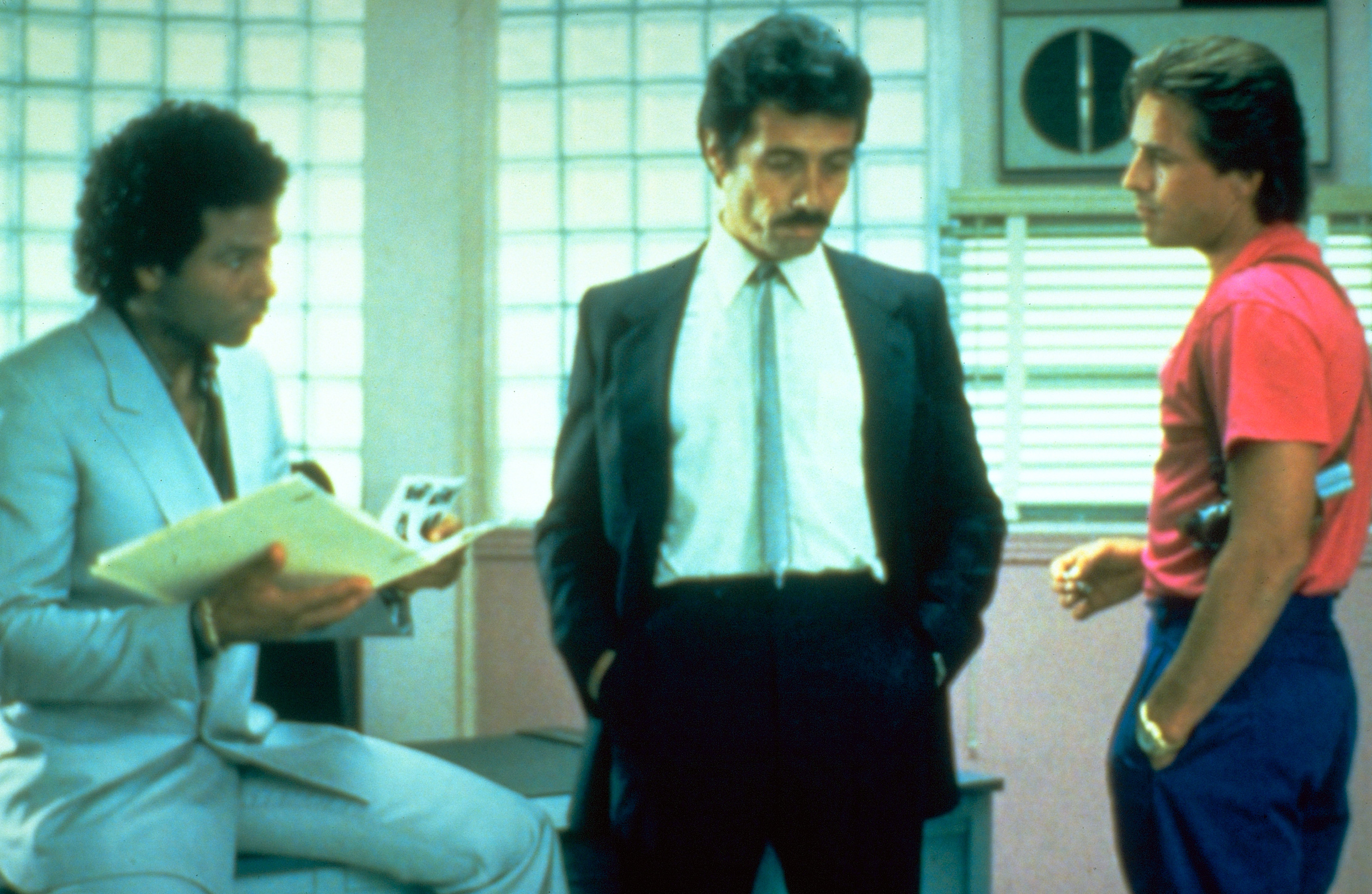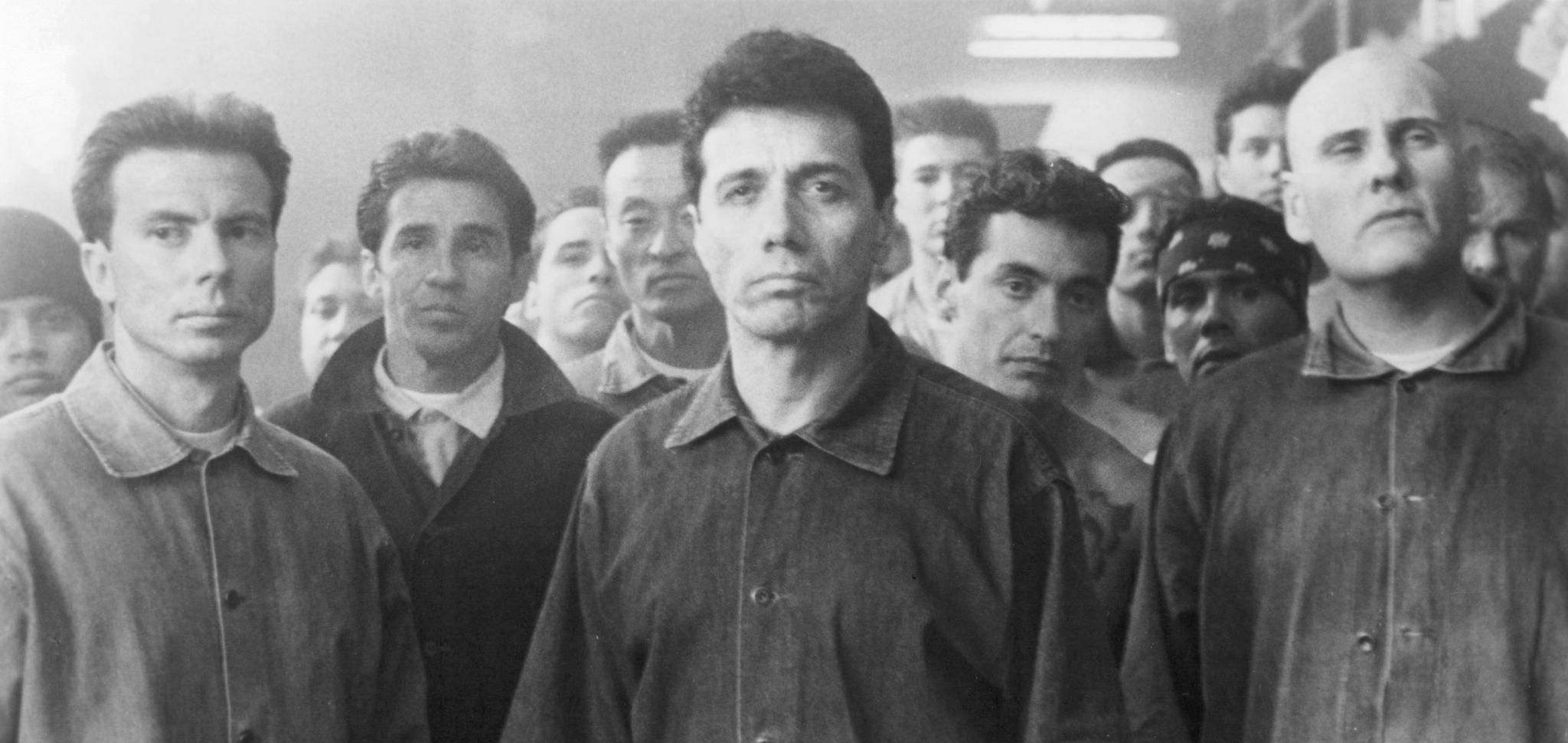Sometimes you choose your profession and sometimes a profession chooses you. You might say this is what happened to Edward James Olmos. Despite harboring dreams of being a baseball star, the 70-year-old Mexican American’s fate was sealed the moment he took an acting class. “Had I followed my first love, I’d have been a professional baseball player, but a friend told me someone with a flair for the dramatic, should consider acting,” Olmos writes in his Twitter profile. We’re grateful he listened to the advice. The pop culture icon who has tackled drama, comedy and science fiction, the actor/director/activist is synonymous with Latino Hollywood.
Olmos story begins in Los Angeles, California where he was born the youngest child, to Eleanor and Pedro, a homemaker and postal worker in an ethnically diverse neighborhood. When his parents split, Olmos poured himself into sports and even signed with the LA Dodgers amateur league. Until the stage came calling; first in the form of rock and roll. As a singer and musician in a local band, Olmos and his crew performed around LA and even released an album in 1968. Music is what eventually led him to acting while a student at East Los Angeles College. “I started acting to become a better singer,” Olmos says on his website. “Then the whole thing switched on me. I discovered that the spoken word is easier to project than the sung word.”
Once he discovered his gift, Olmos spent the 1970s learning his craft, playing music gigs, and moving furniture to pay the bills. Theatre would land him his first breakout role as El Pachuco, the narrator of the play Zoot Suit, a drama about World War II riots between California’s Mexican American teens and the police. His portrayal helped bring the show to Broadway and earned him a Tony Award nomination.

Olmos spent the better part of the 1980s in television and film roles that reimagined how Latino men were portrayed on-screen. First, he played quietly intense Lt. Martin Castillo on Miami Vice which earned him a Golden Globe and an Emmy. Then he portrayed real life hero, math teacher Jaime Escalante in Stand and Deliver and was given an Oscar nod for Best Actor in 1988. He was the first US Latino to be recognized in the category. He used this critical leverage to get projects greenlit. First was his directorial debut in the classic film about Mexican American gang life, American Me, Walkout about the LA high school blowouts, and later directing episodes of the TV show Battlestar Galactica which he also starred in as Commander William Adama.

Apart from his regular work on hit series like The West Wing, Dexter and The S.H.I.E.L.D., Olmos has dedicated much of his time to philanthropy. “I would hate to look back on my life and only see myself as a person who made lots of money and was a star and made Rambo and Terminator movies,” he has said. He regularly uses his public platform to bring attention to various issues ranging from the Los Angeles Riots, AIDS Awareness, the US Naval occupation of Vieques, Puerto Rico, or the importance of voting. Whether serving as a spokesperson or supporter, issues affecting children and youth are close to his heart. It is why he cofounded the nonprofit Latino Literacy Now and regularly speaks to at-risk youth about owning their futures.
Olmos has also been at the forefront of changing how Latinos are viewed on the world stage. Though he is father to six children, he’s universally recognized as one of the pioneers of Latino entertainment. He co-founded the Los Angeles Latino International Film Festival in 1997 to nurture aspiring filmmakers. In 1998 he founded Latino Public Broadcasting which funds public television programs that discuss Latino issues. He even helped create Americanos: Latino Life in the US, a book project that spawned a traveling Smithsonian exhibit and HBO special.
Whether playing the patriarch in Mi Familia/My Family, Jaime Escalante in Stand and Deliver, or Selena’s father Abraham Quintanilla, Jr. in Selena he tells stories about our cultura with pride and dignity. For that and all of his contributions to the world, he is a true Don, “so say we all.”
